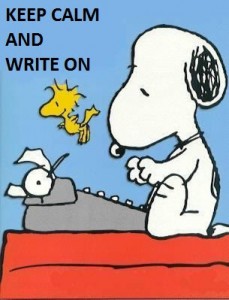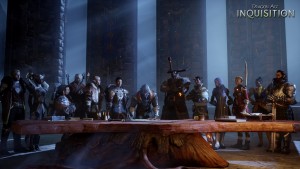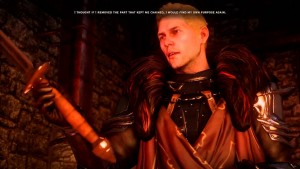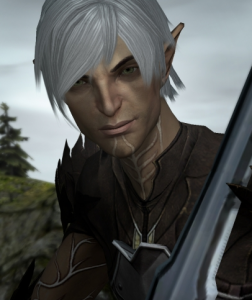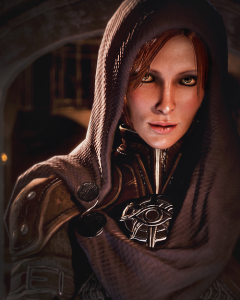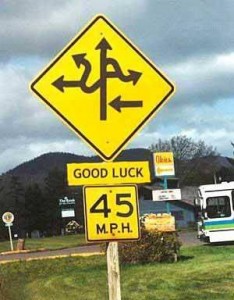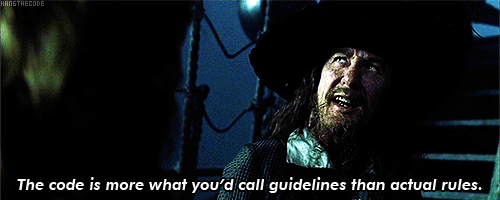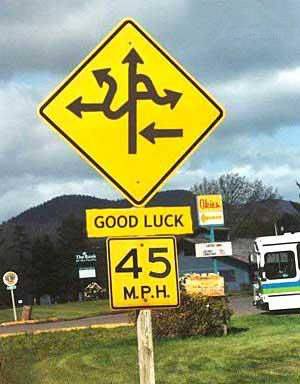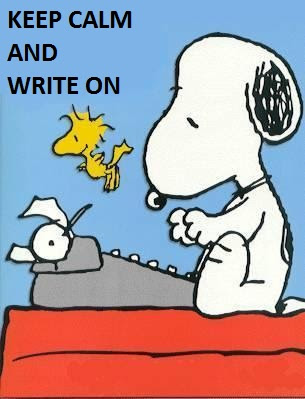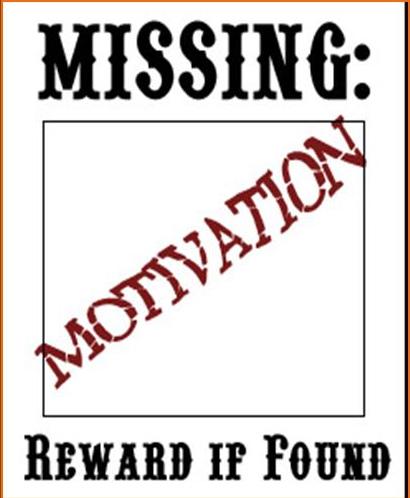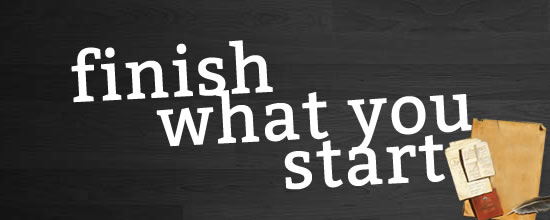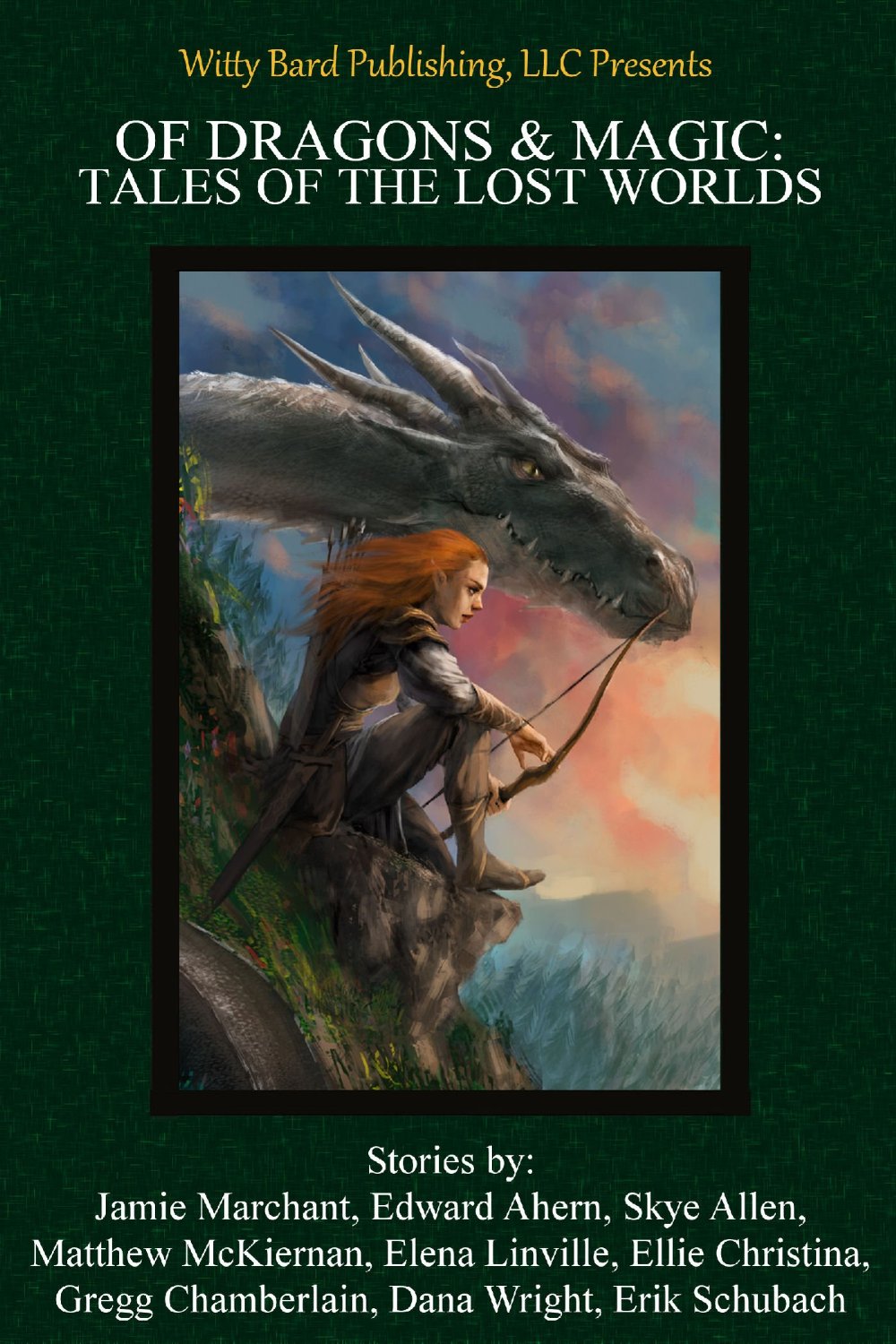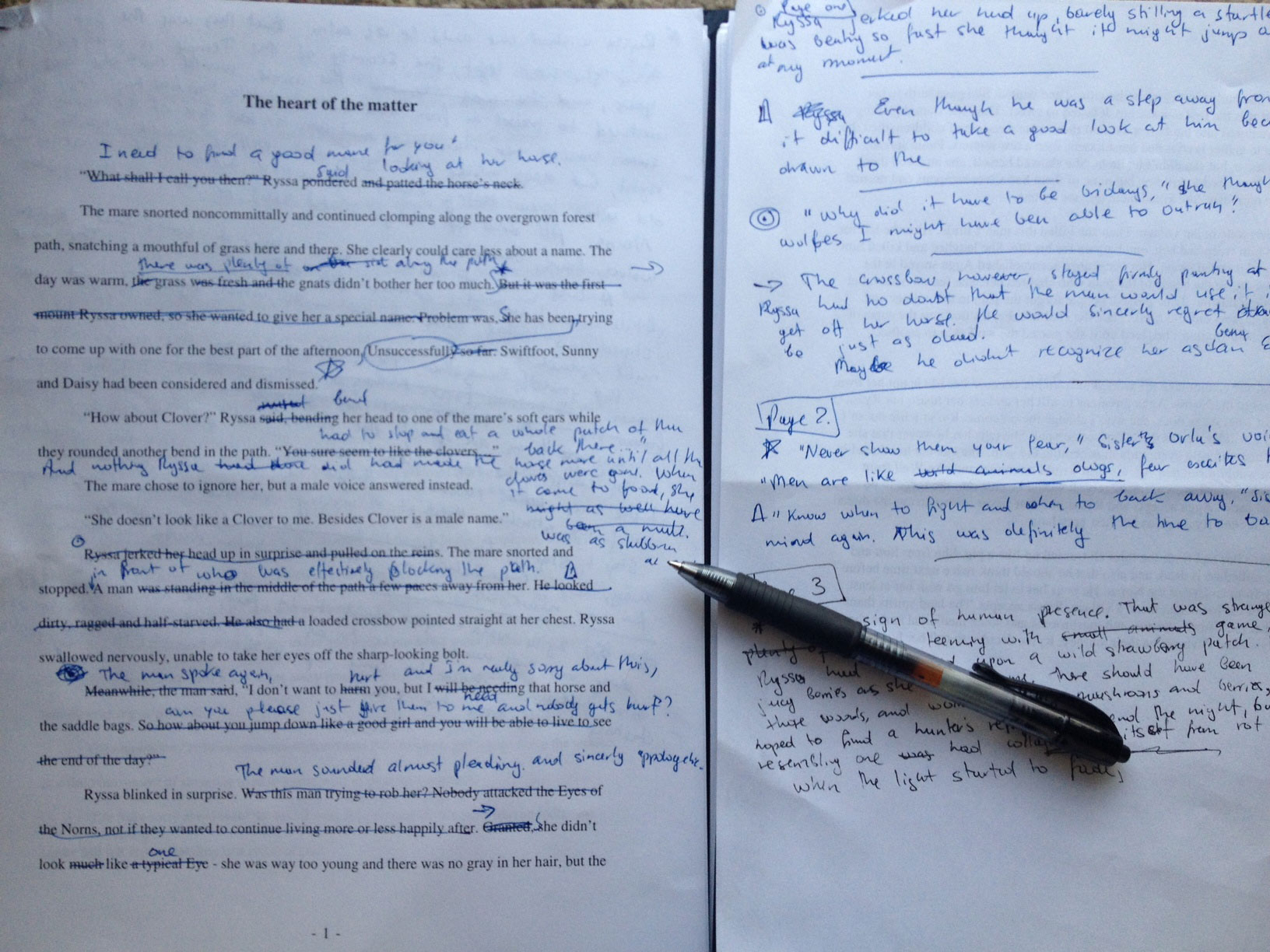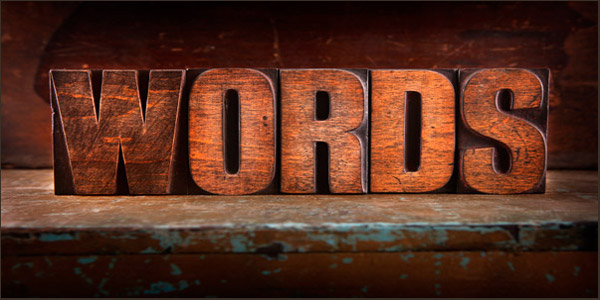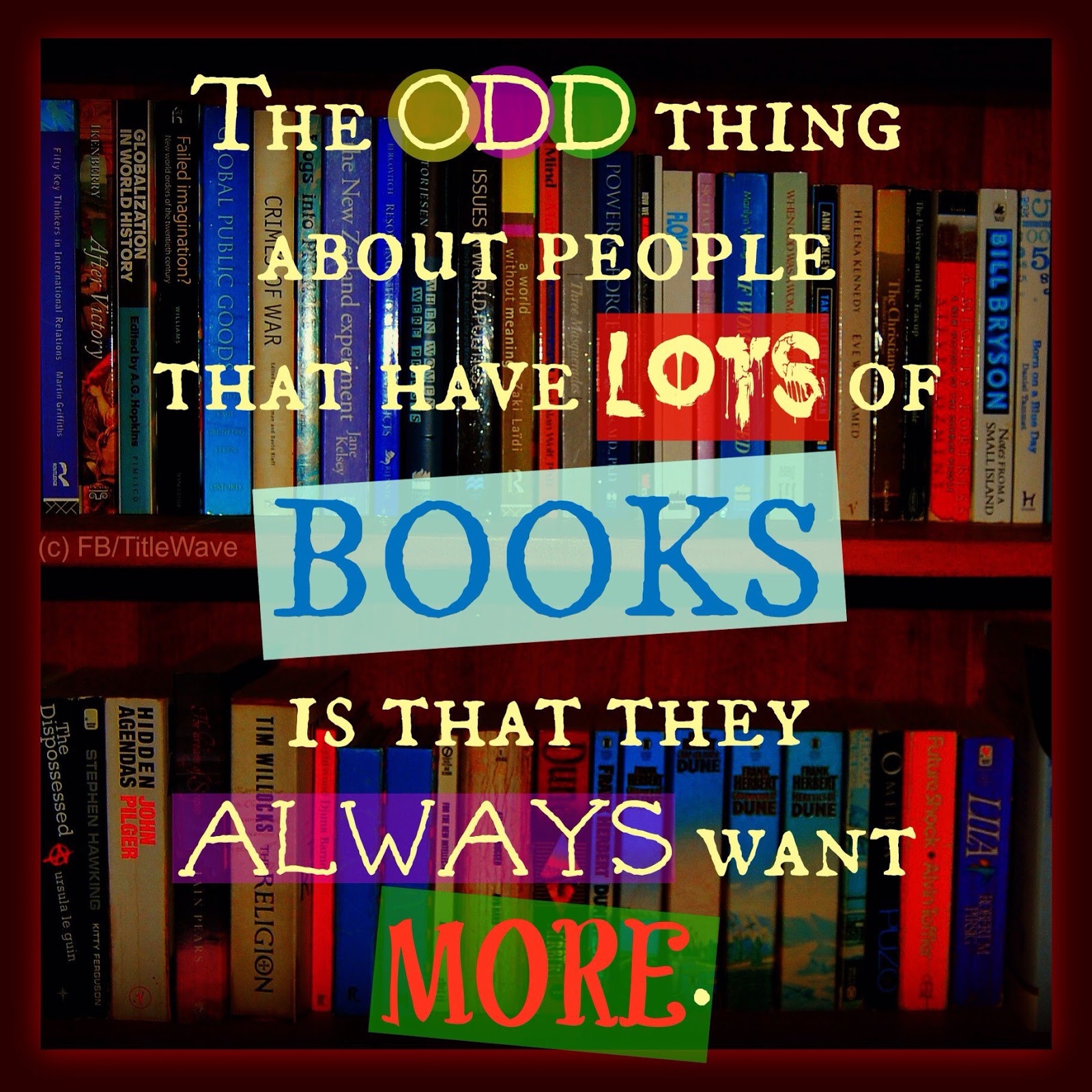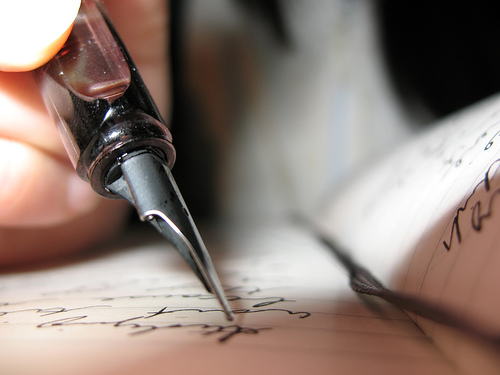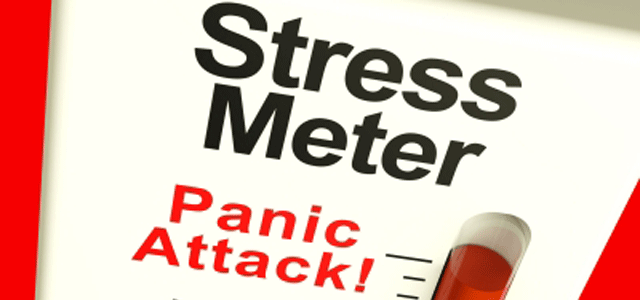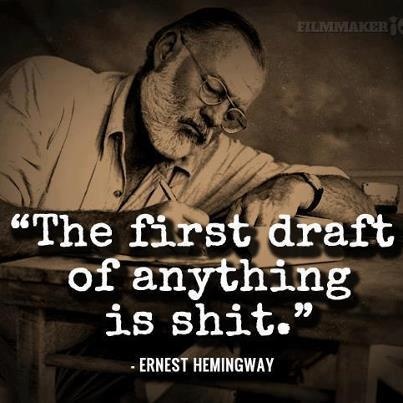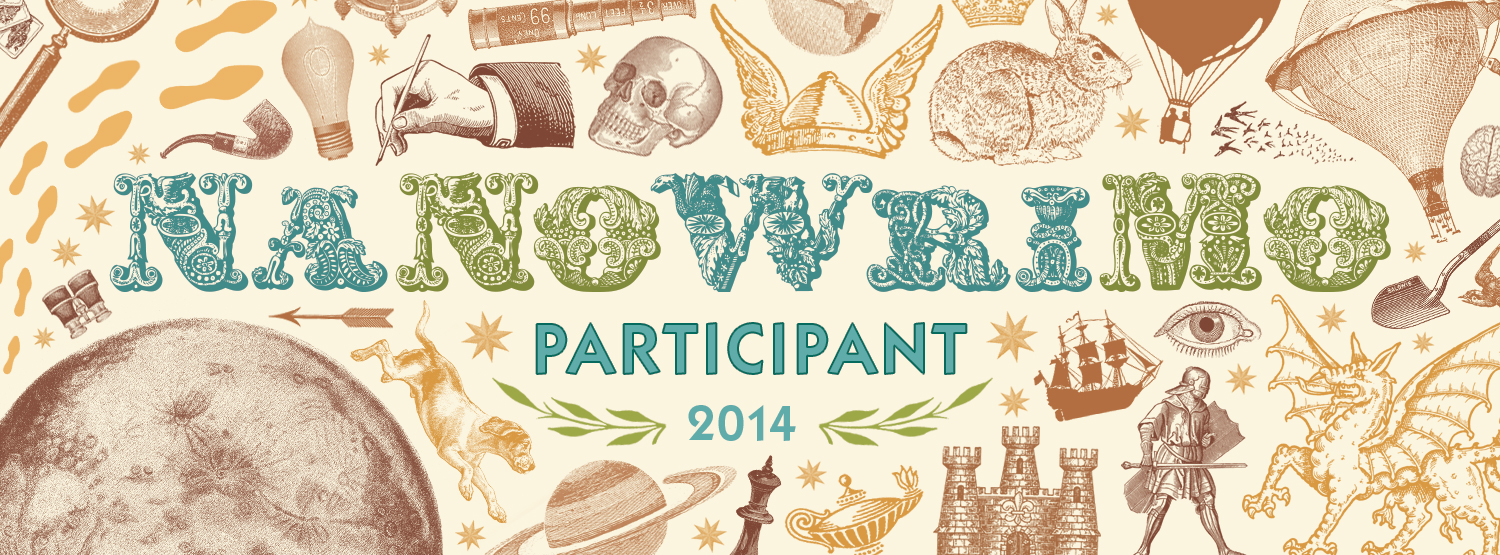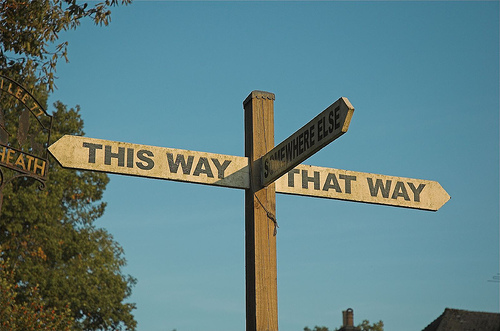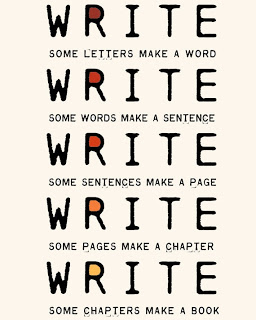Since the beginning of my writing adventure, I have often heard it said that you should write what you know. And I agree with this statement.
Of course, it doesn’t mean that you need to be a quantum physicist in order to describe a new form of space travel in your science fiction books, but you need to at least do your research and consult with one to make sure that your ideas are not too farfetched. It also means that when you are creating your own world and magic system, you need to think it through, put down the ground rules and stick to them throughout your book.
So this is sound advice, but lately I have come to the realization that there is another piece of advice that works even better for me – Write what you Love.
I know this might be self-explanatory and some of you will think that I’m reinventing the wheel here, but I felt like this was an important realization I wanted to share with my readers. So let me explain what I mean by that statement.
- Write in the genres you love reading.
What books do you enjoy reading? What TV shows, movies or video games you like the most? Chances are, that’s the genres you will find the easiest to write in because you know them inside out by now. Also, if you are excited about something, if you love your idea and your genre, your readers will feel that. Hence, your book will be better for it.
For example, I really love fantasy and science fiction, with a dash of paranormal, a good mystery, and a sprinkle of horror from time to time. Now if I look at the works I’ve finished so far, what do I see? Of Broken Things is a science fiction mystery. The Choices we make is definitely set in a fantasy world. Mists of the Crossworlds is also a kind of weird fantasy. And The Eye of the Norns cycle leans more towards dark fantasy and horror.
Those are all the genres I love reading, so I naturally gravitated towards them because that’s the kind of stories I love telling. Would I be able to write a non-fiction self-help book or a romance? Probably… If I REALLY put my mind to it. I would suffer every step of the way and the end result would probably not be worth reading though.
- What characters do you like? What characters do you feel the most involved with?
We all have our preferences, certain types of people that I would find absolutely fascinating, or could relate to, but would leave you unmoved and bored. And this is wonderful, because this means that no matter how strange, or damaged, or bookish your characters are, there will be someone out there that would love them. This also means that when we write about the characters we love, they tend to come out more “alive” because we are invested in them so much more…
I have a funny (and eye opening, at least for me) story about that.
I had an interesting discussion with one of my best friends and fateful beta readers the other day. We are both fans of the Dragon Age games and, girls being girls, we were talking about the different romance options. I told her that I found it weird that I found the romance with Cullen in DA: Inquisition so satisfying when I couldn’t stand romancing Alistair in Dragon Age: Origins. I always picked Zevran over him (and Fenris over Anders in Dragon Age II).
So I told her, “I guess I’m just a sucker for strong, if slightly damaged men.”
And she answered, “Duh, it’s kinda evident from your own work.”
I must admit that I had never thought about it before, but after she said that, I went back to analyze my own characters and I had to admit that she was 100% right. Aiden, GMS798, Sky, Brand, Gabriel, all of them are exactly what I told her – strong if slightly damaged men. So I think this example perfectly illustrates the truth of this statement.
- Forget the genres, write what you love or genre hopping is permitted.
A lot of writing and publishing advice tells us to pick a genre and stick with it, because that’s what your audience would come to expect from you. I might be stating a controversial opinion here when I say bull&$#!
Write what you like. Does your story shape out to be a hybrid between fantasy and science fiction? Go for it. After all, Iain M Banks did exactly that with Inversions and it turned out to be an excellent book. You feel like adding a good murder mystery to your fantasy world? Why not? You don’t feel like writing science fiction stories your whole writing career and want to try your hand at horror? Go ahead.
My point is, write what you love. As long as you love the story you’re telling and the characters you are writing about, the readers will feel it. They will love or hate your characters, depending on their personal preferences, but they will stick around to find out what happens to them regardless.


